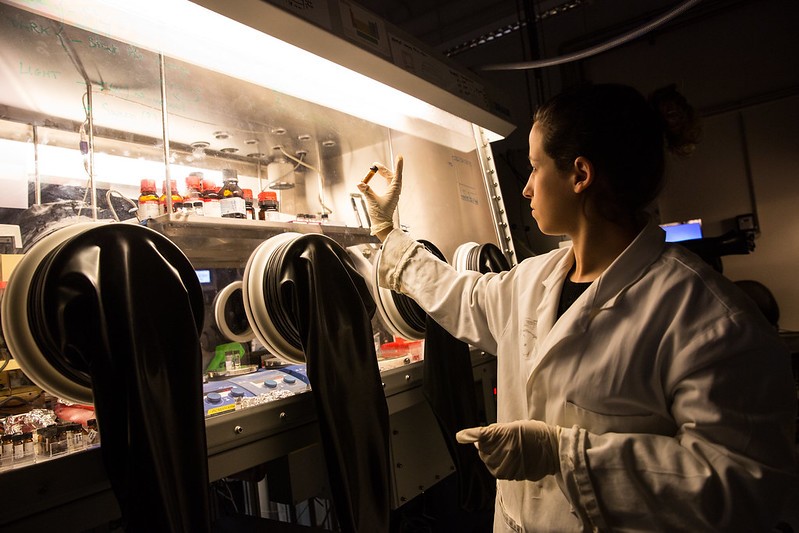- Home
- Department of Chemistry
- Research Areas
- Organic Chemistry and Biological Interfaces
- Organic Synthesis Methodologies
Organic synthesis methodologies
Organic chemistry is inextricably linked to the development of new synthetic reactions and methodologies, in order to achieve new structural motifs that are difficult to access, or to exploit new reactivities. The "ideal" reaction, a concept theorized in the 1970s, would have 100% virtuous characteristics (maximum efficiency, zero environmental impact and zero cost), a goal more necessary than ever today. Methodological studies are therefore aimed at discovering new, original and efficient reactions or reactivities, which can be applied to the synthesis of molecules of interest, and more finely studied to understand reactivity.
1. Metallocatalyzed cycloadditions
2. C-H functionalization
3. Chemistry of organometallic titanium compounds and cyclopropane chemistry
4. Metallocatalyzed allylations
5. Multi-component reactions
6. Application of xanthates in radical chemistry
7. Metallocatalyzed cross-couplings of biobased products
8. Functionalization of oxygenated molecules by catalysis with abundant metals (Fe, Co, Ni, Mn)
9. Catalytic innovation using metal complexes in non-usual oxidation states

Faculty contacts
| Alexis Archambeau (subject 1) | Audrey Auffrant (subject 8) |
| Laurent El Kaïm (subjects 4 et 5) | Grégory Danoun (subject 7) |
| Samir Messaoudi (subject 2) | Bastien Nay (subject 2) |
| Grégory Nocton (subject 9) | Sébastien Prévost (subjects 2 et 4) |
| Yvan Six (subject 3) | Samir Zard (subject 6) |
 Support l'X
Support l'X